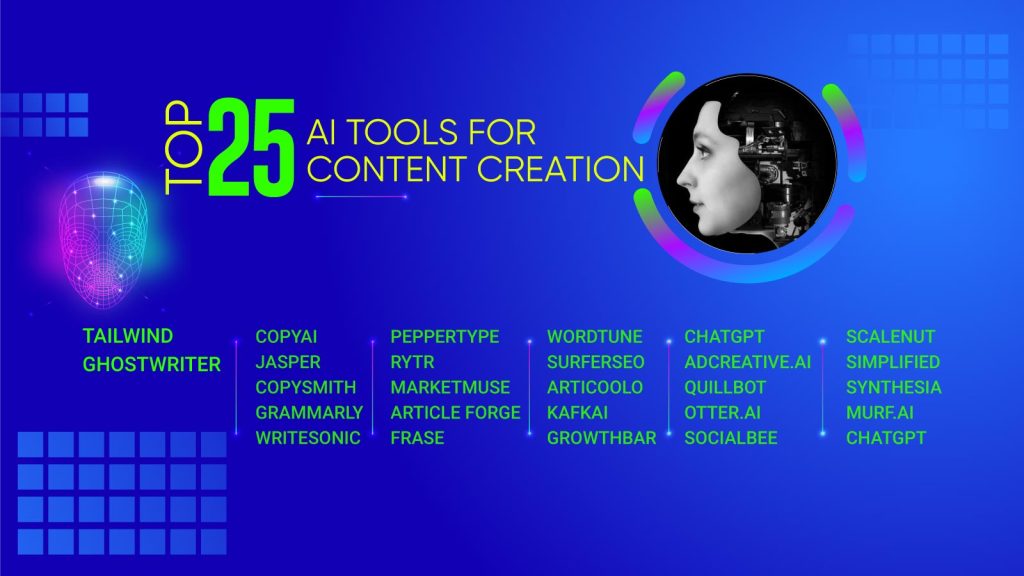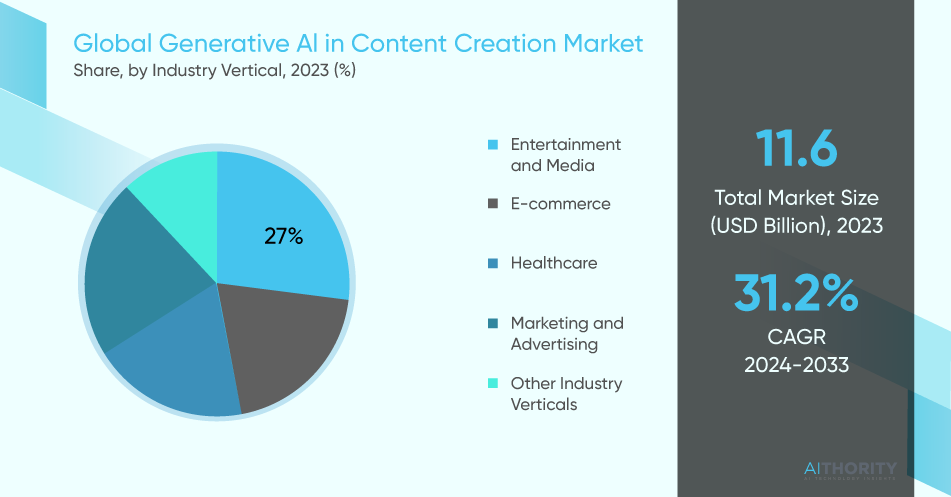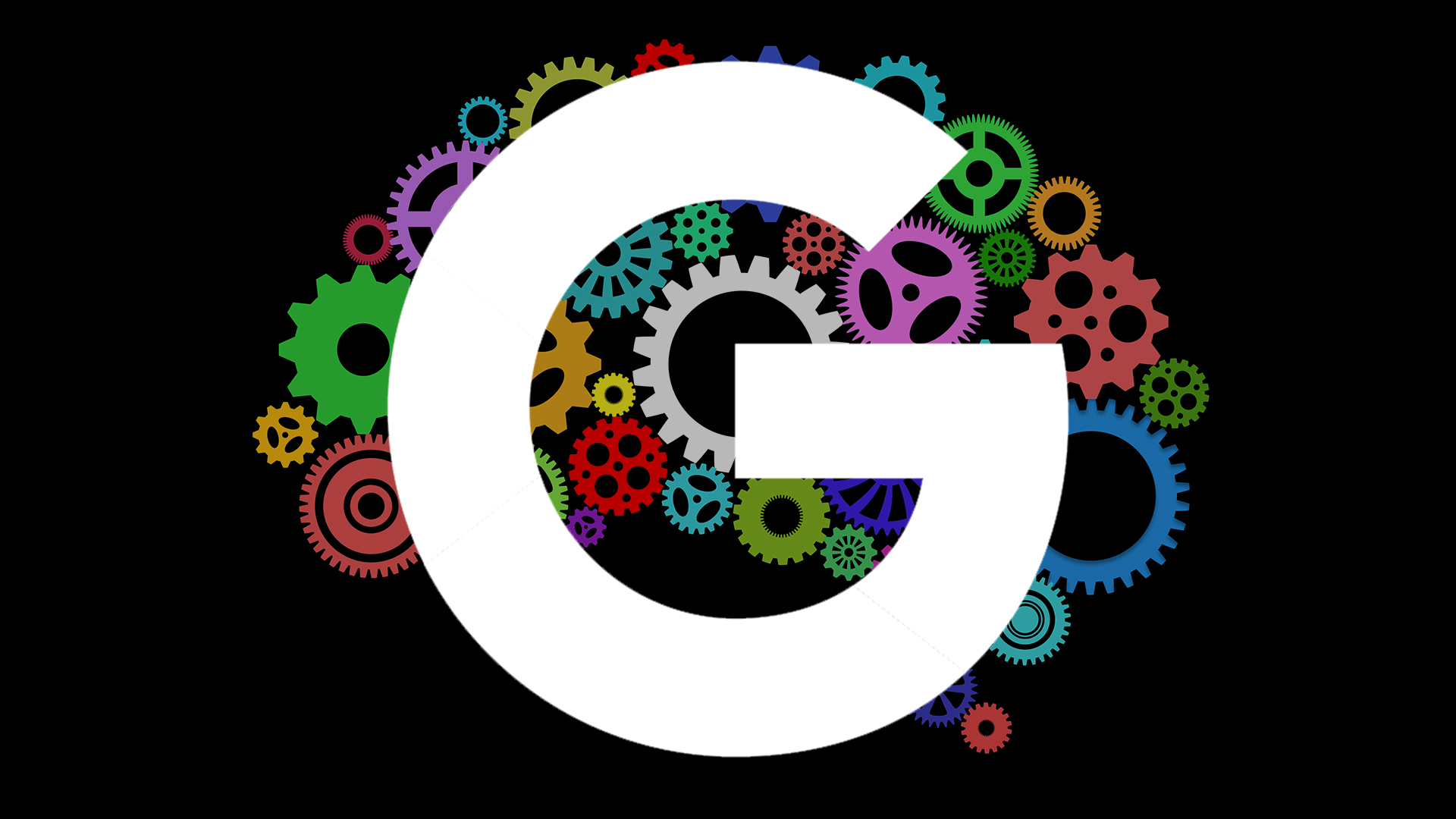Supply chain, food industry, chatbot, content, and image generation are some of the tech areas that are seeing fast growth in AI. Critics of AI art systems like OpenAI’s Dall-E said that they were stealing people’s intellectual property on a big scale, which brought AI-generated artworks into the spotlight. Artificial intelligence has many people concerned that it may one day replace human artists and illustrators.
AI Creativity: Transforming Content Creation with Artificial Intelligence
- Generating text: AI can write different kinds of content, from social media posts and product descriptions to blog articles and even scripts. While it might not yet replace human writers entirely, it can be a valuable tool for brainstorming ideas, overcoming writer’s block, and generating drafts that save time.
- Creating visuals: AI-powered tools are generating stunning images, videos, and even music. This can be helpful for designers, marketers, and anyone who wants to create visually appealing content without needing specialized skills.
- Personalization and optimization: AI can analyze data to personalize content for individual users and optimize it for better engagement. This is being used in various fields, from advertising to education.
- Automating tasks: AI can handle repetitive tasks like transcribing videos, generating captions, and resizing images, freeing up human creators to focus on more strategic work.
Read: 10 AI In Manufacturing Trends To Look Out For In 2024
Top 25 AI Tools for Content Creation
 Revolutionizing Creativity with Game-Changing Tools
Revolutionizing Creativity with Game-Changing Tools
1. CopyAI
When compared to other AI writing tools, Copy AI’s 90 content templates and tools are second to none. Digital adverts, product descriptions for online stores, and sales text are all things it can generate. For more creative writing projects like blog posts and lengthy articles, you can utilize it as a freestyle copywriting tool.
2. Jasper
Jasper AI is a big language model (LLM) that can do things like generate text, translate languages, compose all kinds of creative stuff, and answer your questions. It has a wide range of potential applications, such as content production, copywriting, email marketing, and customer service.
3. Copysmith
Our software streamlines the process of disseminating your content and product details across many platforms. With our interfaces with Shopify, WooCommerce, and other eCommerce systems, as well as PIMs and CRMs, you can simplify the process of content rollout across all of your channels.
4. Grammarly
Professionals in many fields, including those seeking employment, might benefit from using Grammarly, an assistance for writing, to proofread and revise their papers. Spellcheck, grammar, and punctuation are all looked for, and vocabulary utilization is improved.
5. Writesonic
Improve your writing skills, get past writer’s block, and boost your productivity with Writesonic, an AI-powered writing tool. Writing high-quality content (such as SEO meta-descriptions, blog posts, and ad copy) is made easier with its brief feedback, article idea generator, outline generator, and summary generator.
6. Synthesia
Make movies with 120+ different voices, dialects, and languages. Quickly and easily create high-quality voiceovers from the text you provide. Make a digital double (your unique AI avatar) from the ground up.
7. Peppertype
Using artificial intelligence and machine learning, the web tool Peppertype.ai can automatically generate and extend texts and data. It has many potential uses, including but not limited to writing blog posts, news articles, product evaluations, and social networking posts. Making a new project, entering data, or using a template are all good ways to begin.
8. Rytr
In recent years, Rytr—an AI-powered content creation tool—has garnered a lot of attention. Rytr has been a lifesaver for a lot of people in the content creation industry, including bloggers, businesses, and writers.
9. MarketMuse
Thorough Content Analysis: MarketMuse offers thorough content analysis so you can know what works and what doesn’t in your current content. A strong content strategy that meets the demands and fulfills the search intent of your target audience can be developed by recognizing content gaps and possibilities.
10. Article Forge
If you want your articles to have more substance than simply text, Article Forge can automate the process of adding relevant titles, videos, photos, and links. The use of cutting-edge LSI keyword developments is another way our AI content generator makes sure search engines find your material fascinating and relevant.
11. Frase
Using search results, Frase, a piece of content writing software, may help you find and organize potential content opportunities. Content planning and optimization for search engines are both made easier using this software. Naturally, Frase also includes an artificial intelligence writing tool that can produce unique material on your behalf.
12. Murf.AI
Voiceovers for presentations, films, and more may be easily created with Murf AI. It’s a versatile and important tool. It streamlines the process of making engaging voiceovers and saves time and resources with its support for over 20 languages and 120 realistic voices.
13. Wordtune
Wordtune is an AI-driven writing assistant that comprehends your intent and offers suggestions to enhance the clarity, persuasiveness, and authenticity of your work. Wordtune makes reading and writing a joy instead of a chore.
14. SurferSEO
If you want your written content, such as articles and blog entries, to rank higher in search engines, you need to use Surfer. The process involves comparing a page’s content with “500+ on-page” signals. A keyword research tool is also integrated within it.
15. Articoolo
Here at Articoolo, we’ve programmed an algorithm to mimic the work of a human writer and produce 100% original, high-quality writing from start to finish.
16. Kafkai
With the help of artificial intelligence, Kafkai can create fresh, easily understood content for websites. Users can quickly produce articles on any subject and have the opportunity to rank and comment on the material to make it better.
17. GrowthBar
G2 users have ranked GrowthBar, an AI writing tool, as the best. It’s an AI-powered, end-to-end solution for all your SEO content needs, including research, authoring, and optimization. Get more organic traffic and write content ten times faster with GrowthBar.
18. ChatGPT
Generative artificial intelligence (AI) powers ChatGPT, a chatbot that processes natural language and allows you to have conversations that sound natural and more. In addition to answering questions, the AI tool can help you with a variety of activities, like writing code, essays, and emails.
19. Adcreative.AI
Come up with brand-consistent, conversion-focused ad concepts in no time at all. Use our one-of-a-kind AI to test more creatives in less time, improve conversion and click-through rates by up to 14 times, and speed up the design process.
20. QuillBot
Simply input the text and explore the suggestions to enhance your writing with QuillBot, an AI-powered writing tool.
21. Otter.ai
Meeting notes should never be taken again. Take advantage of meeting tools like transcripts, automated summaries, and action items, as well as chat with Otter to receive answers.
22. SocialBee
Take charge of every one of your social media profiles with ease. Share your workspace with others, delegate tasks, collect feedback, and provide final approval to material.
23. Tailwind Ghostwriter
The use of Ghostwriter is quite simple. Tailwind makes it easy to add social media images; after you submit your photo, find the screen where you may enter a subject line, caption, or description, and click the “Ghostwrite for Me” button.
24. Scalenut
You may improve your content’s search engine optimization (SEO) score using Scalenut. This score is based on a variety of variables, including keyword usage, meta tags, URL structure, keyword density, and more. In addition, the tool offers specific recommendations for how to raise the article’s SEO rating.
25. Simplified
Your material can be created automatically by Simplified, an AI. Produce content, collaborate with your team, create copy, plan, and publish everything in one spot with this program for 100X more productivity.
Exclusive Commentary
We had exclusive commentary from one of our AiThority guests in his byline from Victor Potrel Vice President of Content Distribution at TheSoul Publishing.
- Idea Generation: With a sea of content online, coming up with unique and relevant ideas is crucial. AI is stepping up, with 33% of marketers who use AI now using it for content ideation. By analyzing vast amounts of data, AI can spot trends and gaps, and be a tool for creators to bring new ideas that resonate with their audience.
- Production Efficiency: Efficient content production is crucial in today’s fast-paced world. A study by Stanford and MIT highlighted that AI tools increased worker productivity by 14% in a Fortune 500 company. From editing content to improving visuals, AI ensures content is produced more efficiently and quickly.
- Optimized Distribution: Distributing content across several formats and platforms can be a challenge. AI comes into play here, enabling efficient adaptations to reach different target demographics and audiences while maintaining a core brand identity.
- Real-time Monitoring: After publishing content, monitoring its performance becomes vital. AI-powered analytics tools are becoming a standard, with Gartner estimating that by 2027, over 90% of new business software will incorporate ML or AI components for real-time analytics. These tools offer insights beyond basic metrics, helping to adjust content strategies accordingly.
- AI for Everyone: Nowadays everyone with a mobile phone and an idea can become a content creator. With AI tools becoming more mainstream, aspiring creators are able to optimize their content effectively and be discovered. The creator economy is set to double its market size to $480 billion by 2027, with AI recommendation engines playing a significant role in this growth.
The Transformative Power of Artificial Intelligence in Fueling Creative Content

- Increased efficiency and productivity: AI tools can help creators produce more content in less time, allowing them to experiment with different formats and reach wider audiences.
- New creative possibilities: AI can generate ideas and approaches that humans might not have considered, leading to more innovative and engaging content.
- Democratization of content creation: AI tools can make content creation more accessible to people without professional experience, fostering a wider range of voices and perspectives.
- Automated Writing: AI-powered tools can generate text for various purposes, including articles, blog posts, product descriptions, and social media content. These tools use natural language processing (NLP) algorithms to understand context and produce human-like content.
- Content Curation: AI algorithms analyze large volumes of content to identify trends, popular topics, and relevant information. Content curation tools help content creators discover ideas and insights to inform their creations.
- Language Translation: AI-driven translation tools enable content creators to translate their content into multiple languages quickly and accurately. These tools leverage machine learning algorithms to improve translation quality over time.
- Image and Video Creation: AI can generate images and videos based on textual descriptions or user inputs. For example, AI-powered platforms can create personalized videos for marketing campaigns or generate visual content for social media posts.
- Content Optimization: AI tools help content creators optimize their content for search engines and social media platforms. These tools analyze keywords, user engagement metrics, and other factors to improve content visibility and reach.
- Personalization: AI algorithms analyze user data to personalize content recommendations and experiences. Content creators can use AI-driven platforms to deliver targeted content based on user preferences, behaviors, and demographics.
- Content Editing and Proofreading: AI-powered editing tools help content creators improve the quality and clarity of their writing. These tools identify grammar errors, spelling mistakes, and style inconsistencies, enabling writers to produce polished content more efficiently.
- Content Distribution: AI algorithms optimize content distribution across various channels and platforms. These algorithms analyze audience behavior and engagement patterns to determine the most effective distribution strategies for each piece of content.
Read: How to Incorporate Generative AI Into Your Marketing Technology Stack
Challenges and Considerations
- Quality and accuracy: AI-generated content can sometimes be factually incorrect, biased, or lacking in originality. It’s crucial to use these tools responsibly and edit the output carefully.
- Ethical concerns: The use of AI in content creation raises ethical questions about job displacement, manipulation, and the spread of misinformation. It’s important to use these tools ethically and transparently.
- Human element: While AI can be a powerful tool, it cannot replace the human touch in content creation. The best results often come from a collaboration between humans and AI.
How does AI-generated content work?
Good question!
Users input the required text format, subject, and keywords to generate content. Afterward, the AI tool compiles a copy that meets the specified format by searching the internet. Additionally, some tools incorporate information gleaned from web searches and editing tools into an organization’s current material by rewriting it. For example, these tools can transform a blog post into an email draft or a social media post. They can even alter the text to suit various communication formats.




